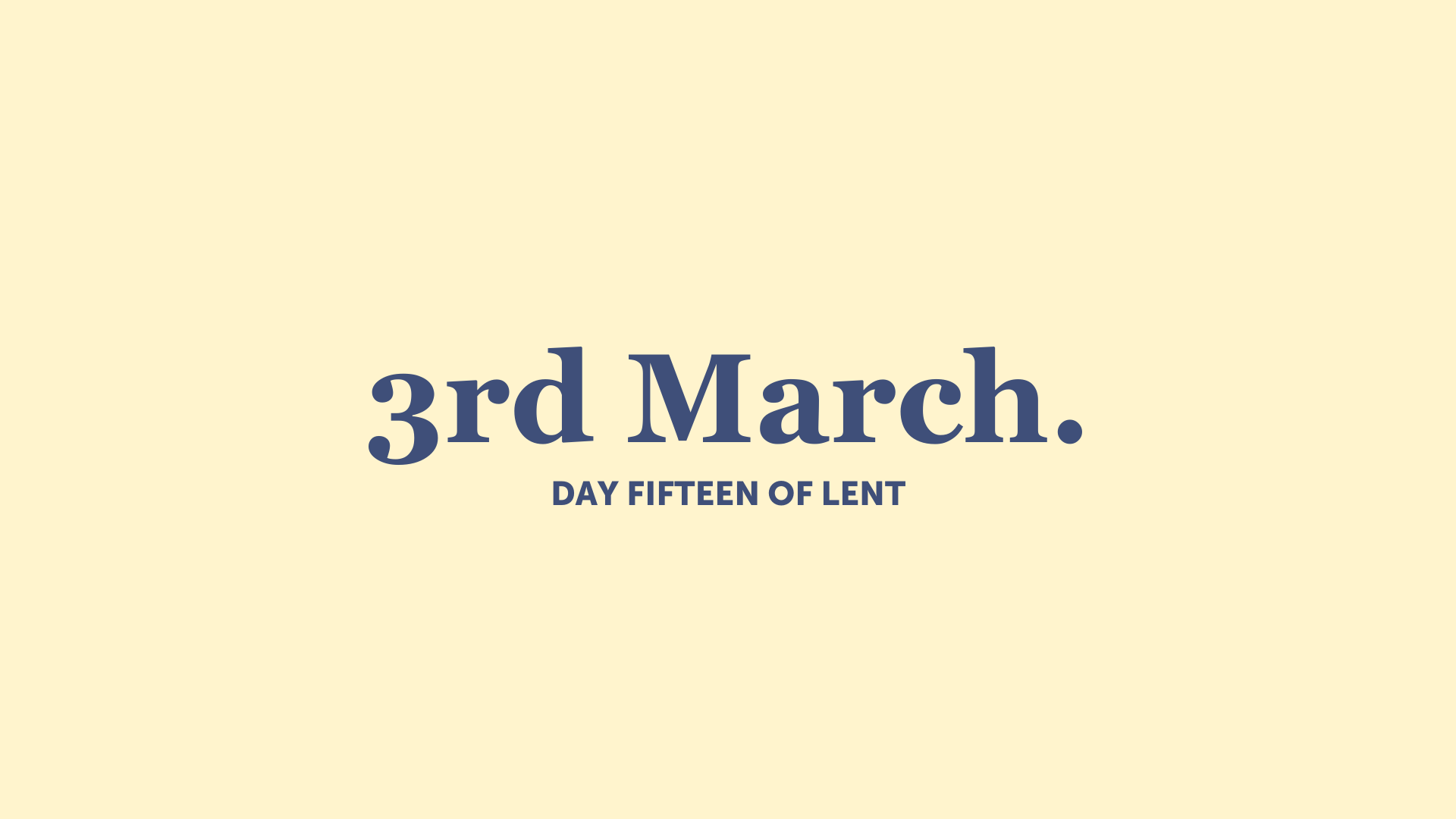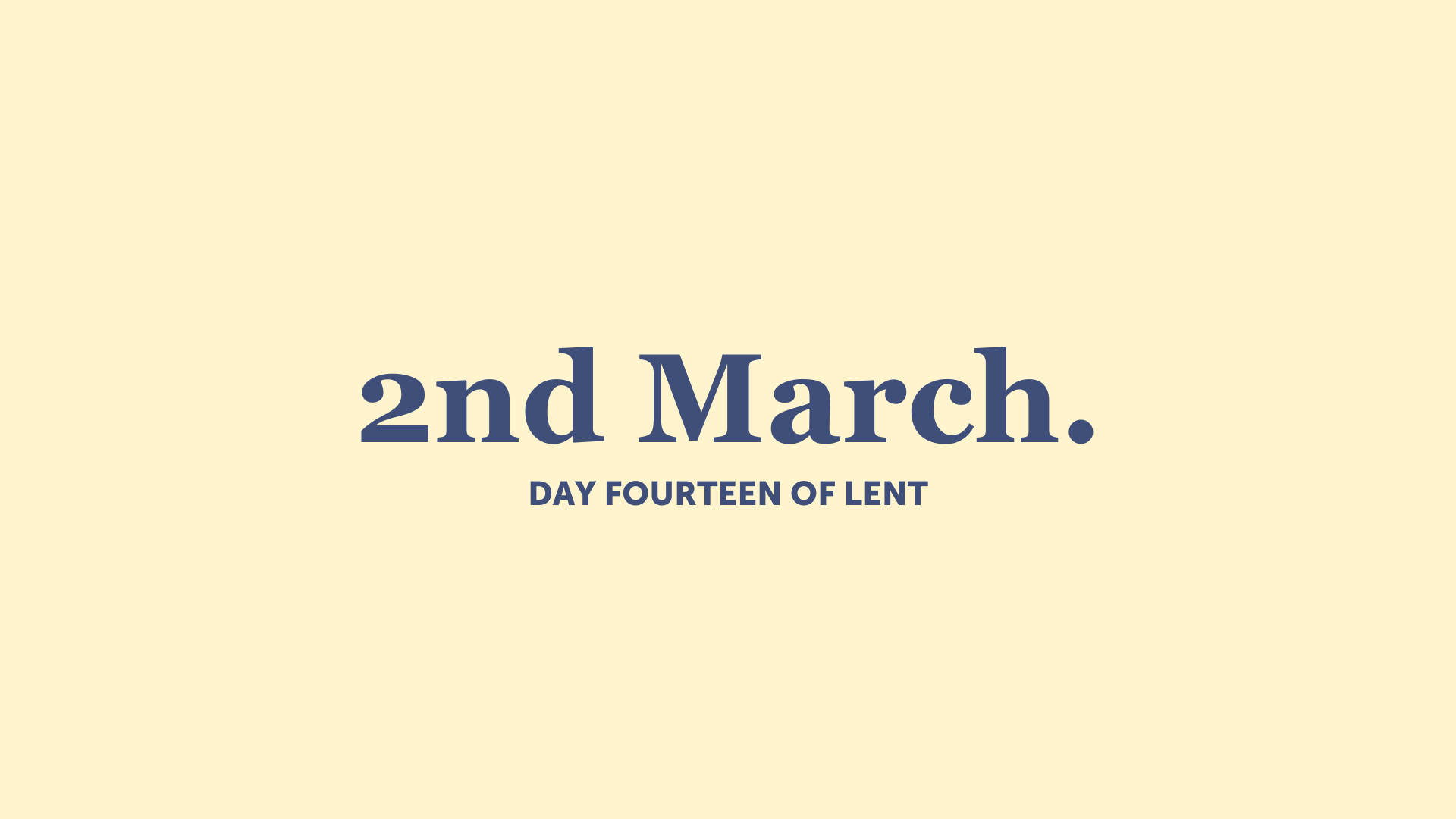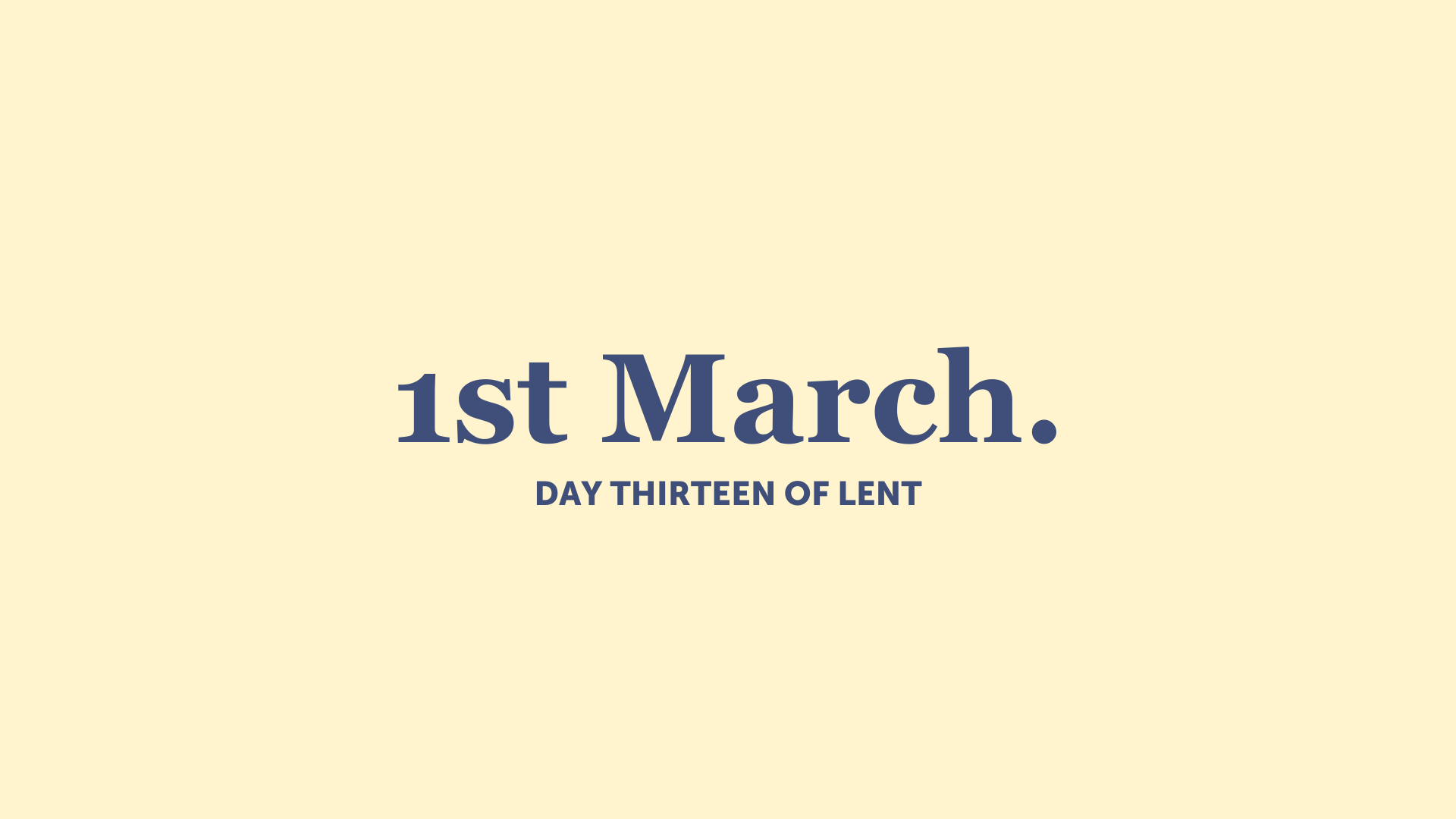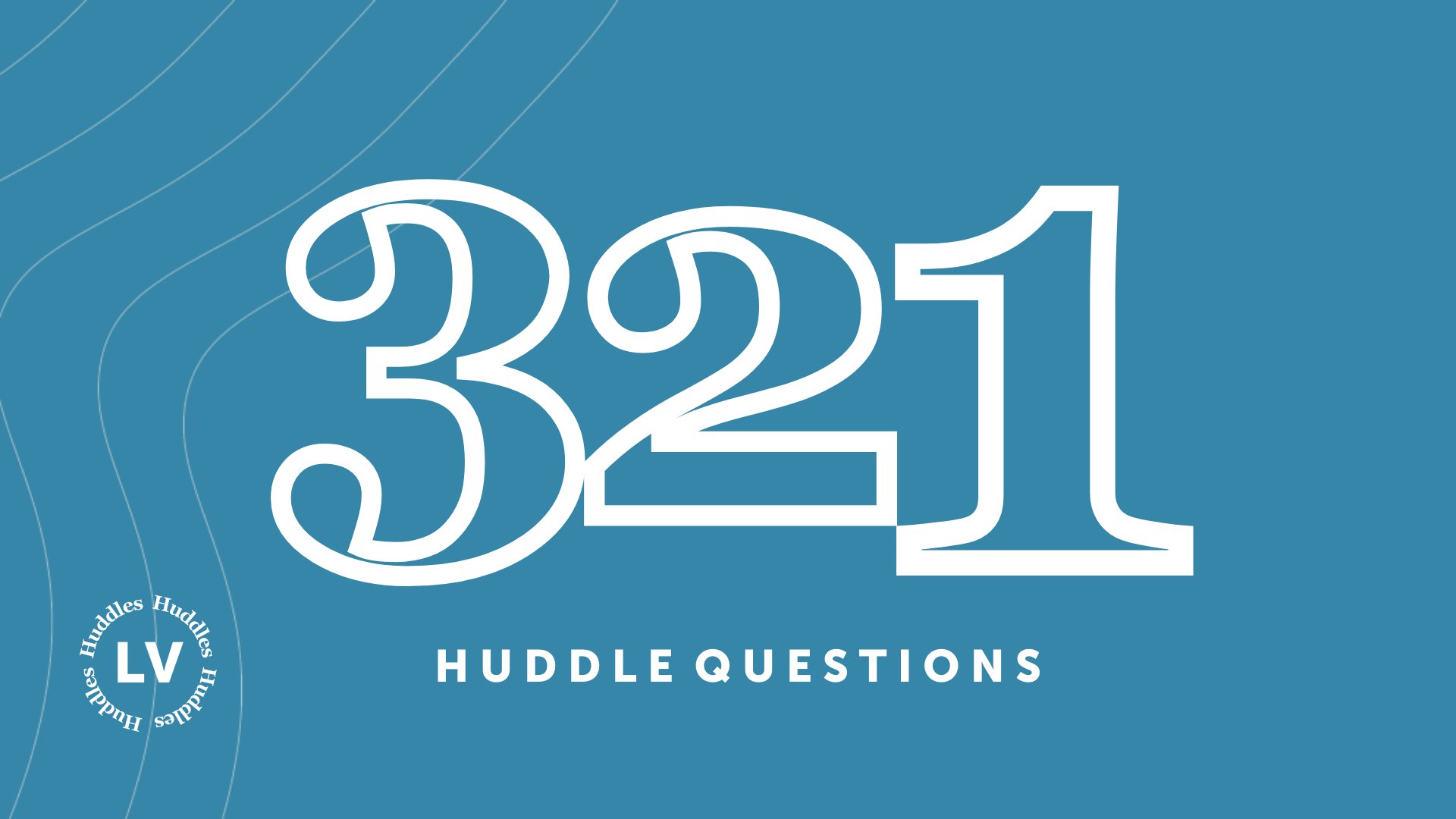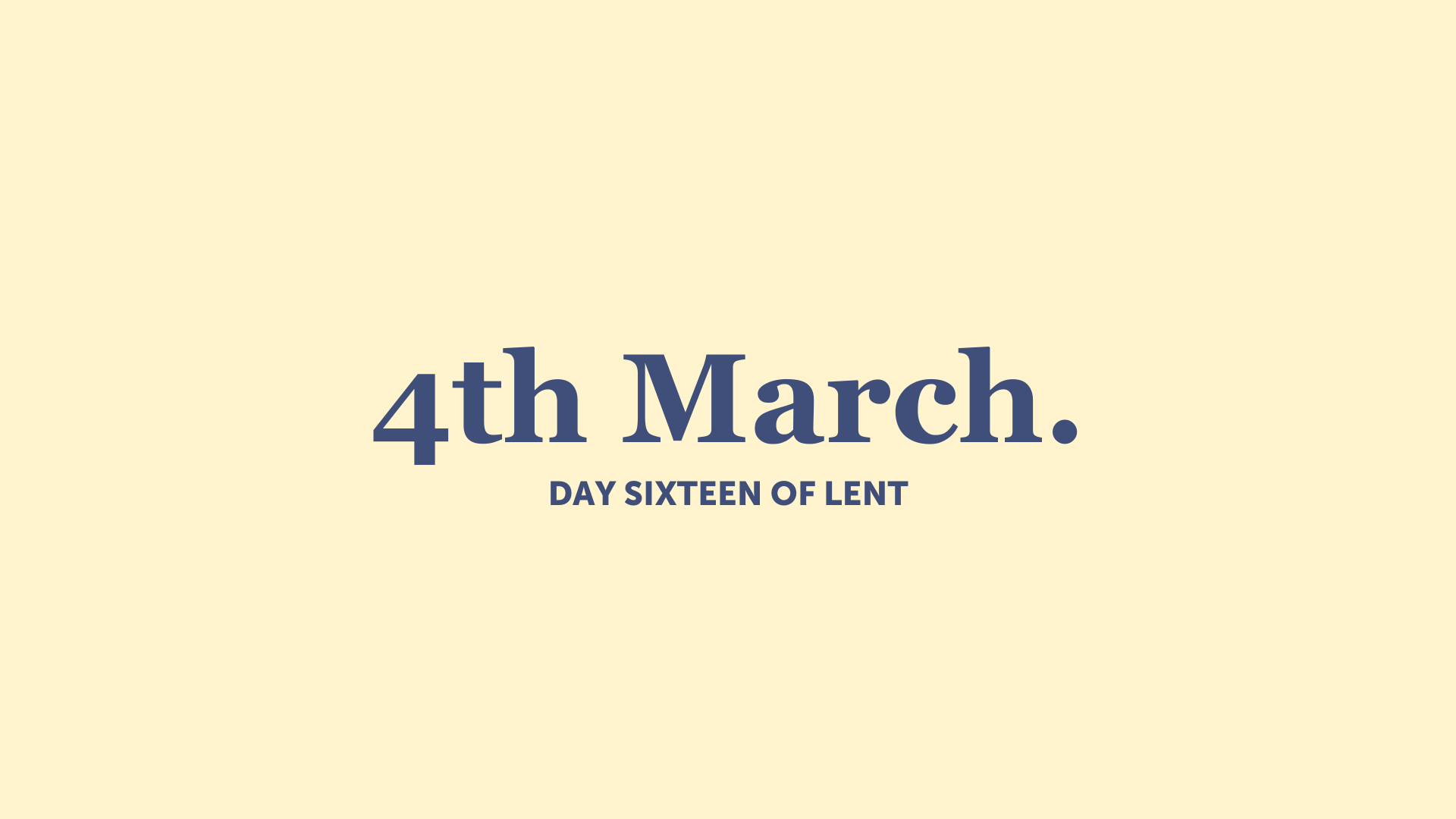
Luke 1: 26-38
Take a moment to be still and to pray ‘Come, Holy Spirit’ before reading the scriptures. If you are in the company of others, invite someone to read the text aloud.
If you are gathering with your family, invite someone to read this reflection aloud.
I was going to start off by asking if you have ever had something life-altering, world-shattering, mind-boggling happen to you…and then I remembered why I am writing this from my home instead of a café.
When we were first told what would be happening, it seemed easy enough. Three weeks could be done. Those three weeks morphed into three months with a bit of annoyance and worry, but when coupled with some of the most beautiful weather we have seen in years, it gave us a ray of sunshine to hold onto. Then came a “return” so full of stops and starts we became more afraid of what the next press conference would hold. We’ve moved through a year of lockdowns and restrictions, of social bubbles and Zoom parties, of suddenly having a favourite type of hand sanitiser. How utterly bizarre. How entirely exhausting.
One great comfort in serving our God is that He knows every second of what’s to come. Not only that, but He doesn’t ask us to have it all figured out. He longs for us to trust Him. He yearns for us to relax into the present moment. We were not made to worry about the future, yet that seems to be our constant focal point. “What will you do when this is all over?” is a question I hear and see daily. Splashed over social media, sprinkled into overheard street conversations. Don’t get me wrong – it’s exciting to share in this hope. I can’t wait to throw dinner parties, to meet friends for a drink, to give someone I love a big hug. But when we spend our time focused on wishing our present could just hurry up and be the past already, we miss out on what God is doing now. He is always working. He is always ready to do a work in us. We just have to be willing.
“I am the Lord’s servant. May your word to me be fulfilled.”
One of the things I love most about Mary is her heart. It is courageous, trusting, and selfless, even in the face of a radical life change. The very idea of it would leave her world turned upside down. Then, for an unwed woman to become pregnant defiled the law of her people, her culture, and her reputation. At best, she could be deemed an outcast. At worst, she could be legally stoned to death. Mary’s future, which would have looked solid and reliable, would instead become intimidating and unknown.
But Mary looks at an angel of her Lord and listens. She doesn’t ask “Why me?” but instead asks “How?” She doesn’t argue or say she would like to think about it. She accepts her task with grace and humility. Her trust in God, in His promises to her people, in His sovereignty outweighed any fear of the unknown. She didn’t need to know all of the details. She simply trusted.
Beth Moore sums up Mary’s response in a jarring comparison to the call on our own lives: “Do we have the guts to stand before God and say ‘I’m in’ — with all the complications? Let’s quit confusing submission and humility with such passivity that we’re ignoring courage… This is a gutsy girl, and nothing about her is in contradiction to her submission and humility.”
I don’t pretend to know what your situation is. I don’t know the difficulties you have faced this last year, or the ones you are facing right now. I don’t know the depth of “unknown” your future might be.
But what I do know is that our God does.
He knows every second of your timeline. He knows every challenge inside and out, past and present and future. He knows the unknowable. He is your Creator, your Father, your Everything. He can give you so much more in this present moment than any foresight can bring, if you just allow Him in. Trust in Him.
Depending on which time of day you are practicing this office, you can use the morning or evening prayer. All to pray the following words aloud.
I am no longer my own but yours.
Put me to what you will,
rank me with whom you will;
put me to doing,
put me to suffering;
let me be employed for you,
or laid aside for you,
exalted for you,
or brought low for you;
let me be full,
let me be empty,
let me have all things,
let me have nothing:
I freely and wholeheartedly yield all things
to your pleasure and disposal.
And now, glorious and blessed God,
Father, Son and Holy Spirit,
you are mine and I am yours. So be it.
And the covenant now made on earth, let it be ratified in heaven.’
Amen.
Methodist Covenant Prayer
If you are gathering with your family, wait a moment and listen for the voice of God. Prayerfully share any words, pictures, encouragements or scriptures with each other by the laying on of hands.
Whether you are by yourself, or in the company of others, take time to pray for others that the Holy Spirit brings to mind, blessing them in His name.
Close your time by singing or saying aloud the Doxology.
“Fight back the dark with doxology. Doxology can detox the day.”
Ann Voskamp
Praise God, from whom all blessings flow;
Praise Him, all creatures here below;
Praise Him above, you heavenly host;
Praise Father, Son, and Holy Ghost!
Amen and Amen.
–





